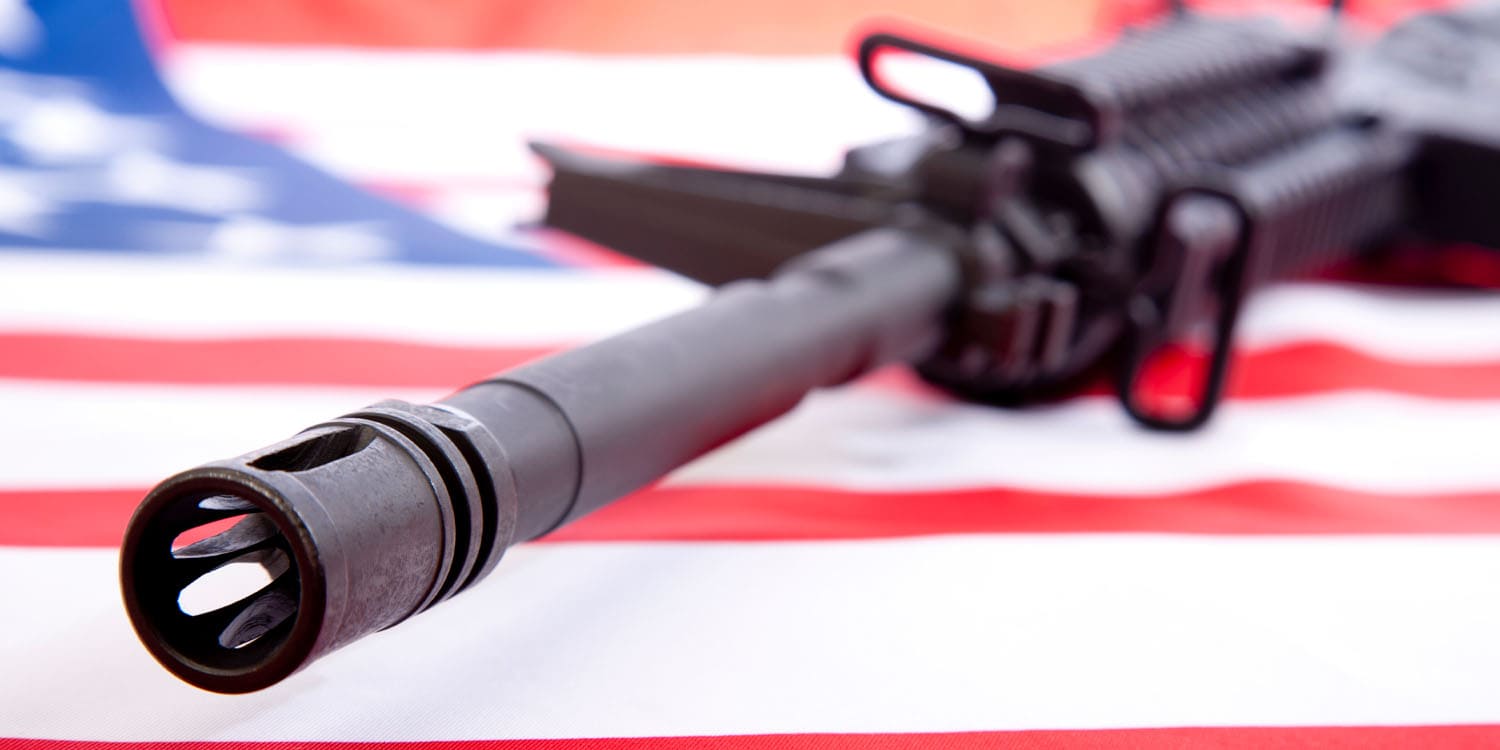A recent study published in the Proceedings of the National Academy of Sciences reveals that across all political and social groups in the United States, there is a strong preference against living near AR-15 rifle owners and neighbors who store guns outside of locked safes. This surprising consensus suggests that when it comes to immediate living environments, Americans’ views on gun control may be less divided than the polarized national debate suggests.
The research was conducted against a backdrop of increasing gun violence and polarization on gun policy in the United States. The United States has over 350 million civilian firearms and gun-related incidents, including accidents and mass shootings, have become a leading cause of death in the country. Despite political divides, the new study aimed to explore whether there’s common ground among Americans in their immediate living environments, focusing on neighborhood preferences related to gun ownership and storage.



Eh, that may have been the excuse for the separation of powers into a Republic, but that’s not what gave rural southern states an advantage of their more populated neighbors in the north.
That was the great compromise in 1787, which led to the 3/5th compromise. They didn’t fear the “tyranny of the majority” as much as they didn’t want to join a union that could potentially outlaw slavery.
It didn’t really give the southern states an ‘advantage’; it mostly meant that the north couldn’t steamroll them. But the south also couldn’t force their will on the north. It forced the states to have some kind of consensus, rather than allowing the more populous states to govern without the consent of the less populous states.
It’s… Complicated.
I want individual rights to be respected. To that end, I have a problem with the way a lot of states treat e.g. LGBTQ people. But I’m also distrustful of allowing all/most governance to be from a single, centralized organization that isn’t very responsive or responsible.
I think that’s just a semantic dispute waiting to happen… Plus, I’d hardly call wanting to end slavery “steam rolling” the south.
Maybe not in the time it was written, but I’m pretty sure we’re dealing with the south forcing their opinions on people presently.
And that may have made sense when we were mostly just a loose confederation… as an actual country it’s done nothing but create a tyranny of the minority.
I could say the same thing about states rights bullshit. That loose confederations just create an environment where there is no overall protection for minority views, and that state governments are too individualistic and incompetent to respond to crises like COVID. And that they are highly irresponsible and unresponsive unless there’s a federal mandate, or it entises their lust for bigotry.